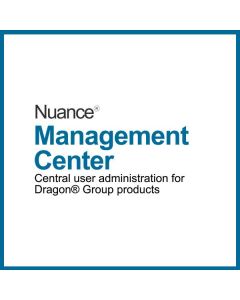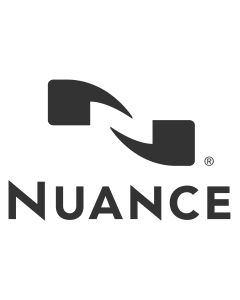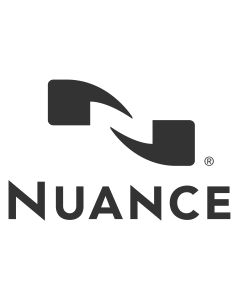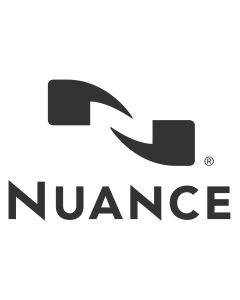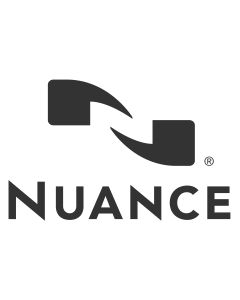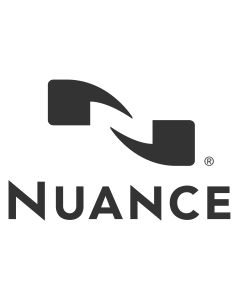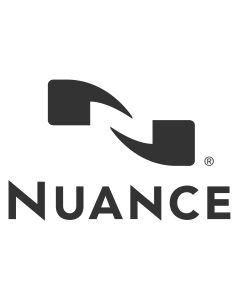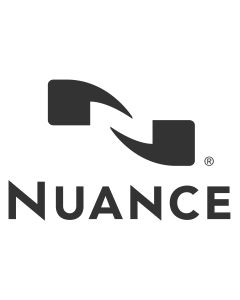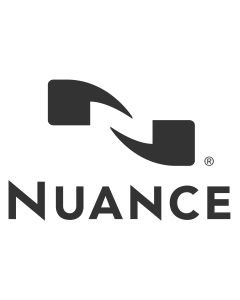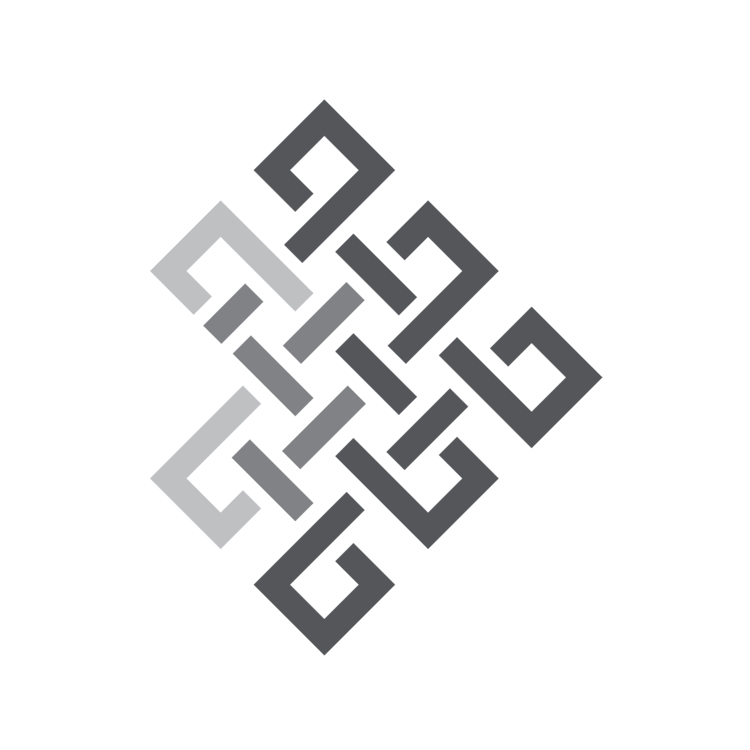Assistive
From cognitive challenges to physical impairment, assistive software is available to help individuals of all ages with visual, hearing and motor disabilities throughout their education and professional life.
The use of software to enhance learning is effective for individuals of all ages. Students often experience greater success when they are allowed to use their strengths to work around their weaknesses.
Assistive software vendors combine the best of both practices to allow students to reach their potential by making learning accessible to those who would otherwise be dependent on family, friends and teachers. Giving space and time to learn things in their preferred way.
For example, a student who struggles with writing but has good dialogue and reading skills might benefit from software such as Nuance which uses speech recognition to control computer processes including searching the web, creating spreadsheets and writing documents.
Find out more about Nuance.
However, a student who needs assistance with their reading or who has a visual disability may benefit more from a software like Wondershare or OmniPage, which converts high volumes of paper documents into electronic files that can be heard clearly as natural speech on mobile devices.
Find out more about Wondershare and OmniPage.
Students with Specific Learning Difficulties (SpLD), such as Dyslexia, Dyspraxia or Dysgraphia often require software that is more tailored to their individual learning needs. This is because those with Dyslexia, for example, might experience co-occurring difficulties in motor coordination, sensory skills and comprehension. Ghotit has developed an all-encompassing software which supports users with all types of fundamental skills including reading, writing grammar and the frustration of typing and retyping words when trying to get the correct spelling.
Find out more about Ghotit.
The benefits of assistive software may vary from student to student however, they all help to achieve the goal of making education fair and accessible for everyone, regardless of age, gender, or ability.
Who can benefit from Assistive Software?
When introduced to students during their education, assistive software can continue to provide huge benefits into their workplace and adult life.
- People with learning disabilities
- People with physical disabilities
- Older people
- People with non-communicable diseases
- People with mental health conditions including autism
- People with gradual functional decline
Subscribe to our Mailing List
For news, product updates, offers and more, signup to our newsletter. See our Privacy Policy here

